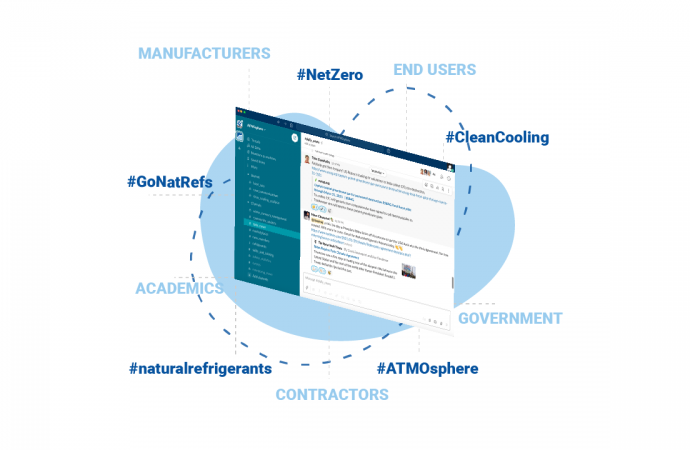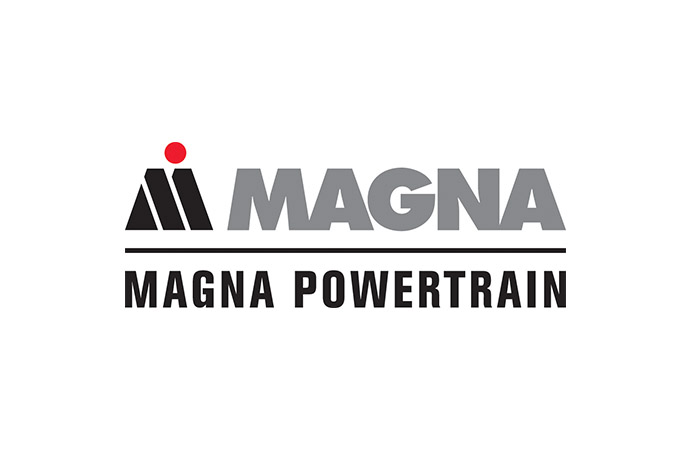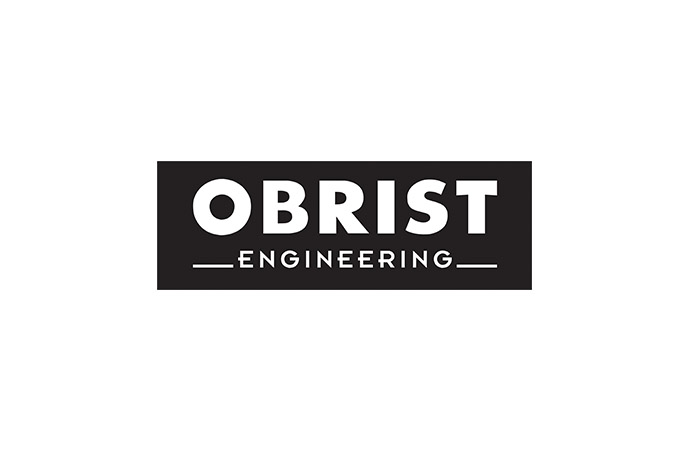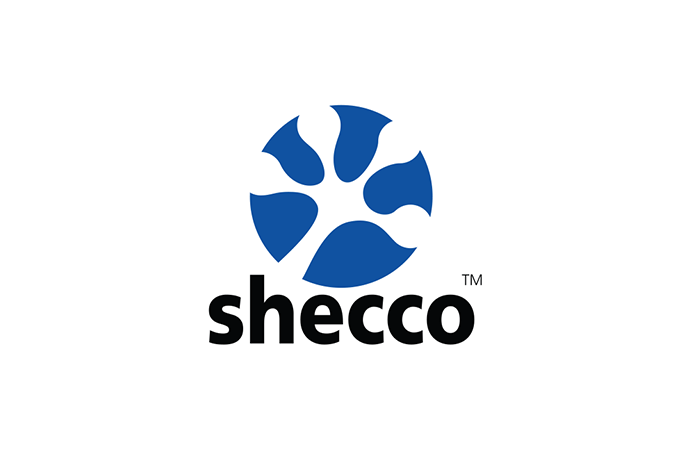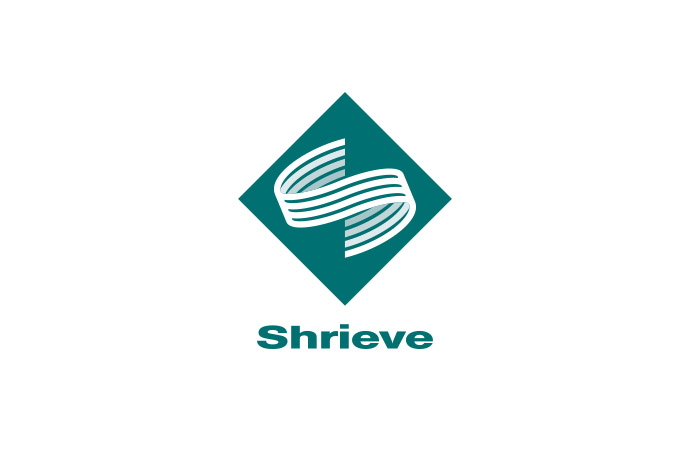Specialists on vehicle air conditioning servicing met on 22-23 September in Frankfurt to share latest technology updates in the sector. The choice of a new refrigerant by car manufacturers was the main theme of discussions.

As many players have still not announced which refrigerant they will choose to replace R-134a in Europe from 2011, service specialists are expecting clear signals from car manufacturers to prepare the necessary infrastructure for new systems. Since carmakers under the German Automotive Association announced their choice of CO2 (R744) in September 2007, all eyes are still on the position to be announced by other manufacturers.
The 6th edition of the European Automotive A/C Convention & Tradeshow this week, thus had a special focus on refrigerants. Generally, experts agreed that the servicing industry will be ready to ensure appropriate repairs regardless of the refrigerant(s), although concerns about logistics and profitability remain in case several refrigerants are put in the market in parallel.
The programme addressed the legislative outlook for the industry, with a presentation by the European Commission, latest technology trends for current systems’ servicing, and servicing requirements for new technology, including electric vehicles and new refrigerants.
R744-related Presentations
Alessandro Carluccio presented Robinair’s charging equipment for CO2 MAC, building on the know-how of an existing concept for current R134a-based systems. The Italian company, part of the SPX group, confirmed they would also be ready to develop a similar concept for other alternative refrigerants, should that be needed.
Frank Wolf, from Obrist Engineering, gave latest updates on the state of research of CO2 and 1234-yf. Concerning the issue of flammability, Wolf referred to the ignition probability observed at tests carried out during the year, concluding that the new refrigerant would pose a risk in terms of safety for the passengers. Those tests, according to Obrist Engineering, also showed that highly toxic decomposition products, such as hydrogen fluoride or carbon monoxide, would form from 1234-yf in case of fire. This would require rescue personnel to wear special protection against the refrigerant before being able to extinguish a fire.
The presentation also offered an overview of Obrist’s extensive testing of over 50 vehicles equipped with CO2 over the last years, including long-term reliability testing as well as new concepts. Regarding fuel efficiency, latest tests by the company with a mid-sized car showed 54% less fuel consumption of CO2 compared to R-134a systems at 20°C. At 35°C, CO2 systems would still consume 14% less fuel than today’s standard systems. Furthermore, Obrist announced it is also investigating CO2 systems with electric compressors, to evalute its functioning for hybrid vehicles.
The Italian manufacturer Fiat presented results from testing of 4 vehicles equipped with different refrigerants. R744 showed similar performance compared to current systems, with the potential of further improvements, although at high estimated costs. Fiat also presented a new modular concept with a secondary loop, which could be implemented with any refrigerant. The Italian manufacturer sees the potential for optimization of secondary loop systems as a way to compensate the negative effect of the additional infrastructure.
Finally, Rainer Burger from TWK Karlsruhe led a workshop on the use of CO2 as a refrigerant in vehicles. Burger offered an overview of the refrigerant’s thermodynamic properties and several concrete recommendations for the design and servicing of CO2-based systems.
Tradeshow
Held in the same premises as the convention, a tradeshow featured several specialised servicing tools for conventional systems. Some R744 specific solutions were also present, including:
The 2008 European Automotive A/C Convention & Tradeshow, held every two years in Frankfurt, Germany, serves as a key meeting point for MAC service specialists to obtain latest updates on industry trends. A complete report of this year’s edition will feature in the next issue of the specialised Trade Magazine “Automotive Air Conditioning Reporter”, which is the main organiser of the event.
The 6th edition of the European Automotive A/C Convention & Tradeshow this week, thus had a special focus on refrigerants. Generally, experts agreed that the servicing industry will be ready to ensure appropriate repairs regardless of the refrigerant(s), although concerns about logistics and profitability remain in case several refrigerants are put in the market in parallel.
The programme addressed the legislative outlook for the industry, with a presentation by the European Commission, latest technology trends for current systems’ servicing, and servicing requirements for new technology, including electric vehicles and new refrigerants.
R744-related Presentations
Alessandro Carluccio presented Robinair’s charging equipment for CO2 MAC, building on the know-how of an existing concept for current R134a-based systems. The Italian company, part of the SPX group, confirmed they would also be ready to develop a similar concept for other alternative refrigerants, should that be needed.
Frank Wolf, from Obrist Engineering, gave latest updates on the state of research of CO2 and 1234-yf. Concerning the issue of flammability, Wolf referred to the ignition probability observed at tests carried out during the year, concluding that the new refrigerant would pose a risk in terms of safety for the passengers. Those tests, according to Obrist Engineering, also showed that highly toxic decomposition products, such as hydrogen fluoride or carbon monoxide, would form from 1234-yf in case of fire. This would require rescue personnel to wear special protection against the refrigerant before being able to extinguish a fire.
The presentation also offered an overview of Obrist’s extensive testing of over 50 vehicles equipped with CO2 over the last years, including long-term reliability testing as well as new concepts. Regarding fuel efficiency, latest tests by the company with a mid-sized car showed 54% less fuel consumption of CO2 compared to R-134a systems at 20°C. At 35°C, CO2 systems would still consume 14% less fuel than today’s standard systems. Furthermore, Obrist announced it is also investigating CO2 systems with electric compressors, to evalute its functioning for hybrid vehicles.
The Italian manufacturer Fiat presented results from testing of 4 vehicles equipped with different refrigerants. R744 showed similar performance compared to current systems, with the potential of further improvements, although at high estimated costs. Fiat also presented a new modular concept with a secondary loop, which could be implemented with any refrigerant. The Italian manufacturer sees the potential for optimization of secondary loop systems as a way to compensate the negative effect of the additional infrastructure.
Finally, Rainer Burger from TWK Karlsruhe led a workshop on the use of CO2 as a refrigerant in vehicles. Burger offered an overview of the refrigerant’s thermodynamic properties and several concrete recommendations for the design and servicing of CO2-based systems.
Tradeshow
Held in the same premises as the convention, a tradeshow featured several specialised servicing tools for conventional systems. Some R744 specific solutions were also present, including:
- Robinair: CO2 charging port
- Shrieve: lubricant enhancers for R744 MAC, as part of its Zerol series of lubricants
- BVA: specific lubricant solutions for CO2 systems
- Obrist Engineering: CO2-based vehicle, with performance monitoring in different conditions (including heating mode)
- Fiat Research Centre: secondary loop system, with refrigerant R-152a
The 2008 European Automotive A/C Convention & Tradeshow, held every two years in Frankfurt, Germany, serves as a key meeting point for MAC service specialists to obtain latest updates on industry trends. A complete report of this year’s edition will feature in the next issue of the specialised Trade Magazine “Automotive Air Conditioning Reporter”, which is the main organiser of the event.
MORE INFORMATION
Related stories

